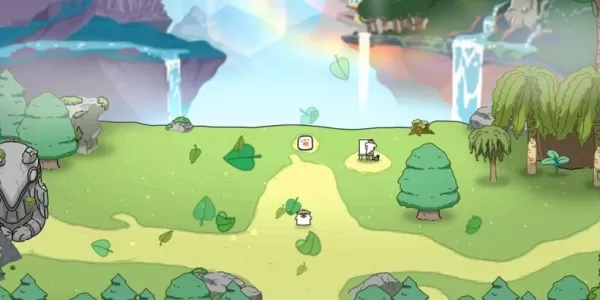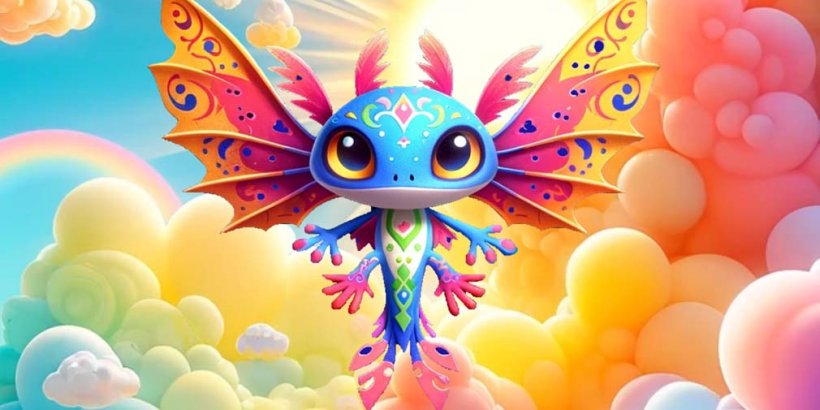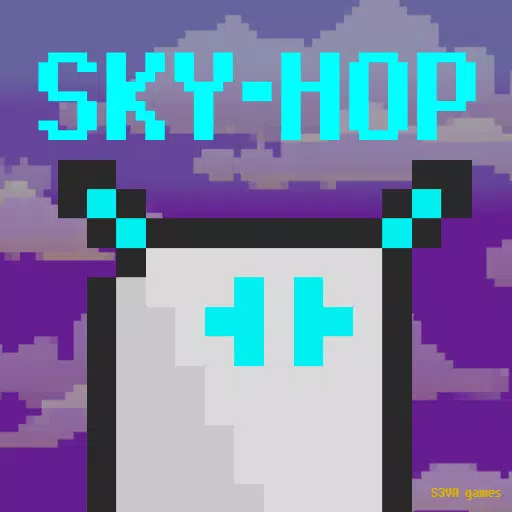Microsoft's recent foray into AI-generated gameplay with a demo inspired by Quake II has ignited a heated discussion across gaming communities. The demo, utilizing Microsoft's Muse and the World and Human Action Model (WHAM) AI systems, showcases an interactive space where visuals and player actions are generated in real-time without a traditional game engine. Microsoft describes this as a glimpse into the future of gaming, where AI dynamically crafts gameplay sequences based on user inputs.
However, the reaction from the gaming community has been largely negative. After Geoff Keighley shared a video of the demo on social media, the response was overwhelmingly critical. Many gamers expressed concerns over the potential loss of the human touch in game development, fearing that AI might be used to cut costs and reduce the need for human creatives. Comments ranged from disappointment at the quality of the demo to broader worries about the future direction of the industry, with some users lamenting the possibility of AI-generated "slop" becoming the norm.
Despite the backlash, not all feedback was negative. Some saw the demo as a promising step forward, acknowledging the technical achievement of generating a coherent world in real-time. They viewed it as a tool with potential applications in early concept phases, suggesting that while not ready for full game development, it could pave the way for future innovations.
The debate around Microsoft's demo reflects broader industry trends. Generative AI has become a focal point in the gaming and entertainment sectors, especially amidst recent layoffs. While some companies, like Keywords Studios, have faced setbacks in using AI to create entire games, others, such as Activision with Call of Duty: Black Ops 6, are integrating AI into their development processes. The controversy extends beyond gameplay, with issues like ethical concerns and the rights of creators coming to the forefront, as highlighted by actor Ashly Burch's response to an AI-generated video of her character Aloy.
This ongoing discussion underscores the tension between technological advancement and the preservation of creative integrity within the gaming industry.
















